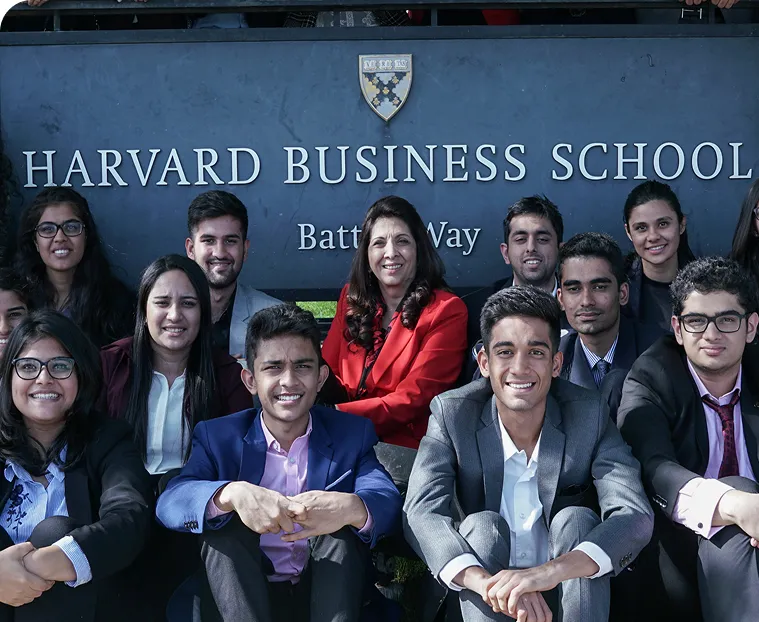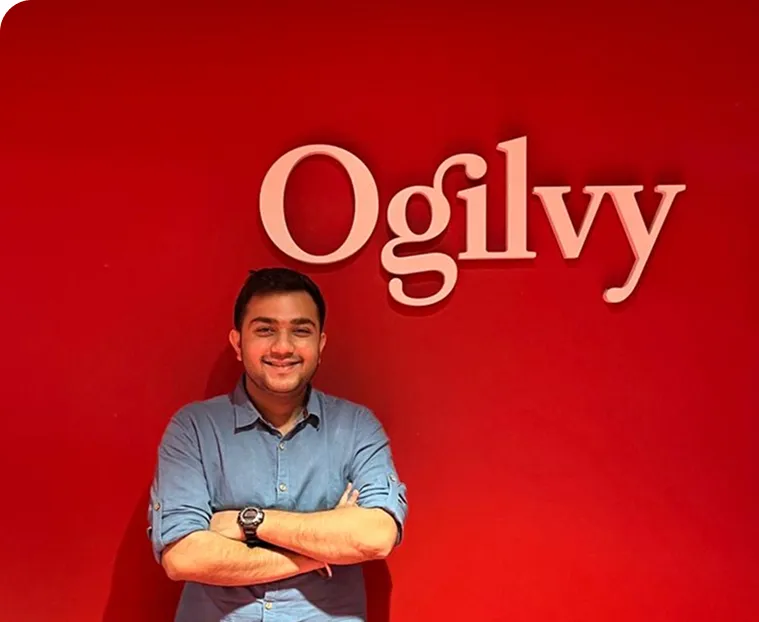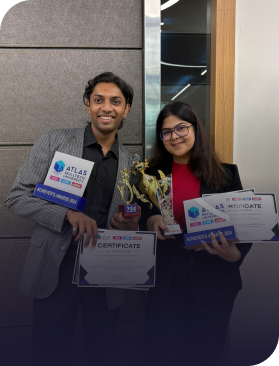Location
ATLAS SkillTech University,BKC, Mumbai
Nestled near BKC, our campus sits at the intersection of education and enterprise. With 500+ companies and Mumbai’s business pulse all around, opportunity doesn’t knock — it’s already next door.
From casual conversations with professionals to guest lectures and industry visits, learning flows beyond the classroom.
With global names like Netflix, Google, and Amazon in the neighbourhood, opportunity doesn’t knock — it’s already here.


























